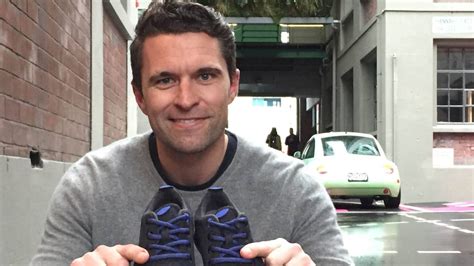A Quote by Peter Drucker
The large organization has to learn to innovate, or it won't survive.
Quote Topics
Related Quotes
It's important in any organization that if visions have any reality at all, it's because the organization believes that the vision is right and that they share in it. Otherwise, it becomes the good idea of one person, and that even more importantly contributes to the sense that it will not survive the departure of that individual.

































